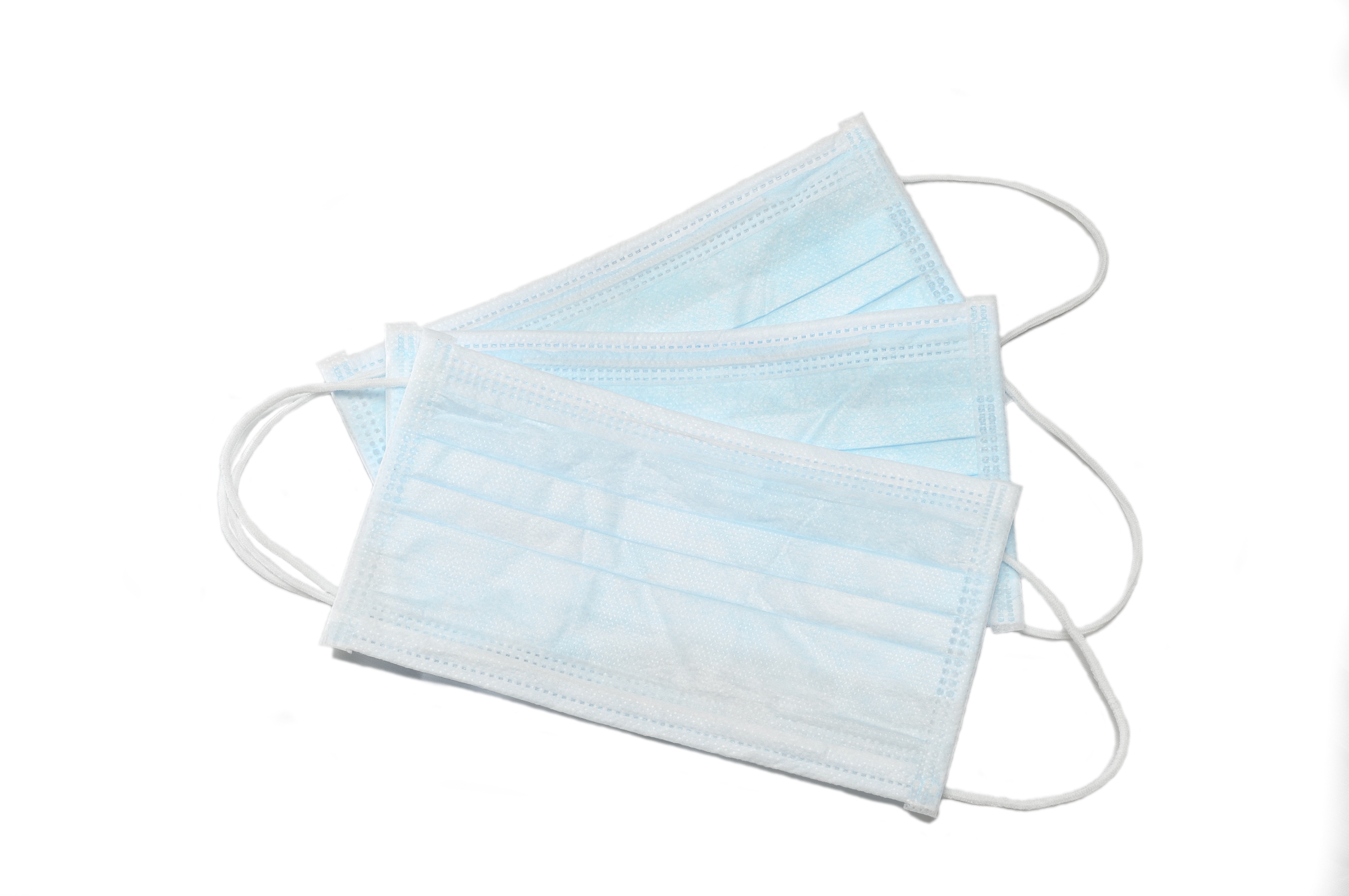
Covid-19 Safety Tips for Caregivers and Seniors
A new year for many means a new beginning and leaving behind the troubles from the previous year. While it was great to leave bad habits and poor choices in 2020, not everything can be left in the past. As we continue on in 2021, Covid-19 continues to remain a global health threat. While there’s a positive progression with the virus vaccine and some countries such as New Zealand announcing no new cases in weeks, it’s still important to take precautions into the new year.
Understanding Covid-19 in 2021
There have been 90.3 million cases of Covid-19 reported worldwide. 22.5 million of those cases have been reported in the United States, twice as many as any other country. In the first week of January, the United States has reported nearly 65 thousand cases, with the top three most infected states being California, Texas, and Florida.
To date, there have been roughly 375 thousand Covid-19 related deaths in the United States. According to the Centers of Disease Control and Prevention, 8 out of 10 of those deaths have been in adults aged 65 and older. While age plays a significant factor in your ability to recover from Covid-19, seniors with underlying conditions are at the most risk. If you experience any symptoms of Covid-19, contact your doctor immediately.
Tips for keeping Caregivers and Seniors Safe from Covid-19
Seniors are considered at high-risk for contracting Covid-19 with a higher likelihood of not recovering. To help keep clients and caregivers safe, it’s essential to continue to follow protocols from the Centers of Disease Control and Prevention.
- Continue wearing a mask when interacting with each other. You may feel inclined to be less cautious around those you regularly see, but you should still wear a mask when interacting with your caregiver, and they should do the same. Even if you keep to yourself and believe your chances of being infected are low, you can’t be sure what interactions your caregiver may have had. Also, it’s not enough to wear a mask; you must make sure it’s properly fitted. It should cover your mouth and nose with no gapping around the face. If you are unsure if your mask is fitted properly, talk to your caregiver about finding an adjustable mask.
- Wash your hands regularly. Hand washing isn’t just helping prevent Covid-19; it also prevents other infectious diseases and colds. Make sure to wash your hands anytime you enter the home from being outside and before you eat. Use anti-bacterial soap and wash all parts of the hands and wrists, including between your fingers. A proper handwashing session should be about 20 seconds. If you’re unsure if you’re washing your hands for long enough, you can set a timer or sing a 20-second tune such as “Happy Birthday” or “Twinkle, Twinkle Little Star.”
- Disinfect the home. Covid-19 primarily passes from person to person, but an infected person can pass infectious particles onto an object, later infecting another person. Since symptoms can take up to 14 days to become present, someone you know can be sick without them knowing. Therefore, it’s a good idea to routinely disinfect your house, especially surfaces you tend to touch a lot, such as counters and tables. Pay special attention to door handles, including those on fridges, cabinets, and microwaves.
- Ask your caregiver to wear disposable gloves. An extra precaution to minimizing the spread of Covid-19 is to wear gloves, especially when physically interacting with others. If your caregiver helps with bathing or preparing your food, kindly ask them to wear disposable gloves. Wearing gloves, much like handwashing, is not only helpful in reducing the spread of Covid-19, it also reduces the risk of spreading other harmful bacteria.
- Regularly check your temperature and monitor your health for symptoms. One of the first symptoms many people report having is a high temperature. Monitor your temperature and check in with your body to see if you’re experiencing any signs of Covid-19, such as tightness in the chest, sore throat, or a new loss of taste or smell. You can also purchase a touchless thermometer and kindly ask your caregiver to take their temperature before providing you care.
- If you have an underlying condition, minimize interactions with others. If you have an underlying condition, especially one that affects your respiratory system, try to minimize your physical interaction with others. Ask a loved one or your caregiver to run errands for you and talk to your doctor about virtual check-ins. If you do have to leave home, be sure to wear a mask, wash your hands regularly, and avoid touching your face to reduce the chance of spreading germs.
Visiting Angels Covid-19 Protocols
At Visiting Angels, we take the health of our clients and our caregivers seriously. To keep everyone safe during this time, we are continuing to follow CDC recommendations. All caregivers are required to wear a mask when interacting with clients and to wash their hands regularly. We also ask caregivers to practice social distancing with clients unless helping with physical care, such as grooming or toileting. If you have any questions about how we’re keeping clients safe during this time, give us a call at 440.974.0867.
